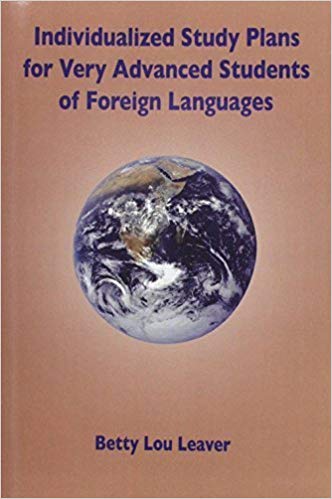Daily Excerpt: Achieving Native-Like Second Language Proficiency (Leaver): Preface

Excerpt from Achieving Native-Like Second Language Proficiency PREFACE Contrary to popular thought in some quarters, learning languages to very high levels of proficiency, i.e. those very close to those of native speakers, is, indeed, possible. Not only is it possible, it is done on a routine basis by a number of learners, not only in other countries, but in the United States , as well. True, the numbers in the United States are not large, but they are sufficient enough to show that it can be done here, as well as in countries of Europe , Eurasia , Latin America , and elsewhere. Further, there are some very skilled teachers quietly producing these levels of proficiency also on a regular basis. The problem is not the ability to teach to native-like levels of proficiency in direct instruction programs or the ability to learn to native-like levels of proficiency, given the appropriate help and experience. Rather, the problem lies in the all-too-pervasive mindset that high leve





